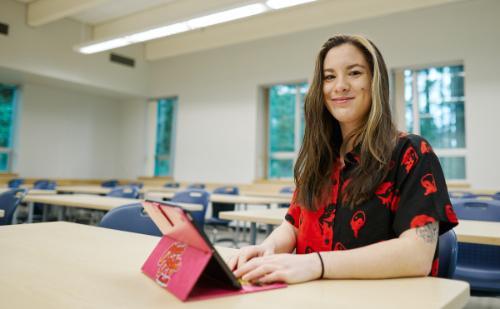Early Childhood Care and Education Programs Offered at CapU Squamish
Published10 July, 2024
Photo credit Tae Hoon Kim, Patrick Leung and Steph Townsend
Degree and diploma programs at CapU’s new Squamish campus provide hands-on career training to address a lack of childcare workers in the Sea-to-Sky region.
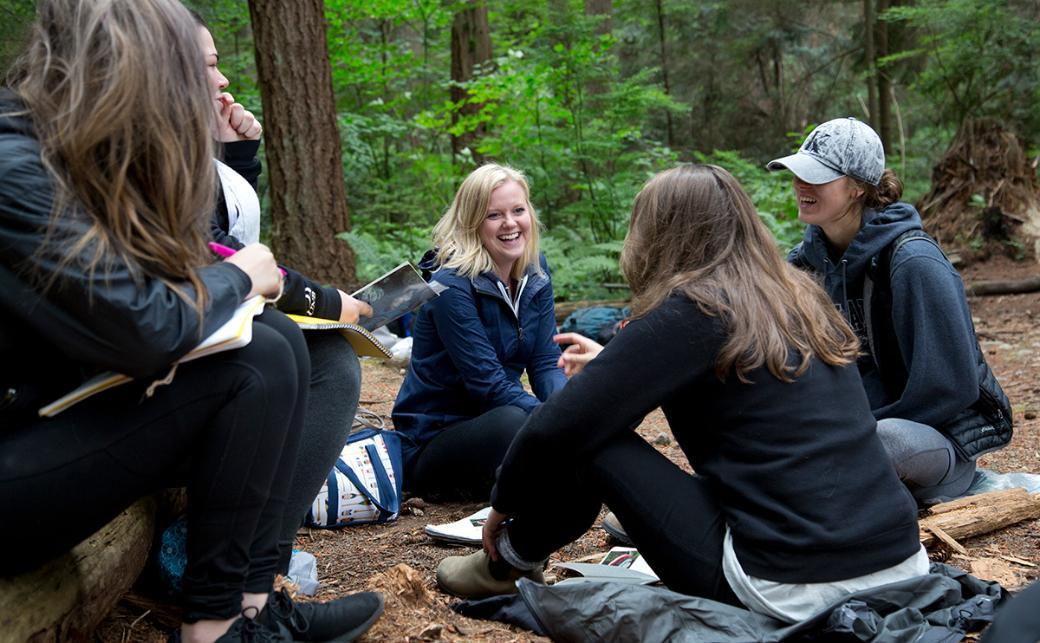
When Chelsie Brubacher heard about Capilano University’s plans to open a campus in Squamish, she let out a sigh of relief.
The good news got even better when she found out that Early Childhood Care and Education (ECCE) would be one of the programs offered when the new campus opens in September of 2024.
As the director of service delivery for Sea to Sky Community Services (SSCS), Brubacher is aware of the critical shortage of childcare spaces along the Sea-to-Sky Corridor.
SSCS operates nine childcare programs – eight in Squamish and one in Pemberton – serving more than 250 children a year, which is still not close to meeting demand in the region.
Only 10 per cent of school-aged children have access to licensed childcare and overall, there are only enough licensed spaces for 21 per cent of children aged 0-12 in Squamish, according to the Squamish Child Care Action Plan.
“Our waitlists are massive. Children are not being offered a space before they age out,” Brubacher says.
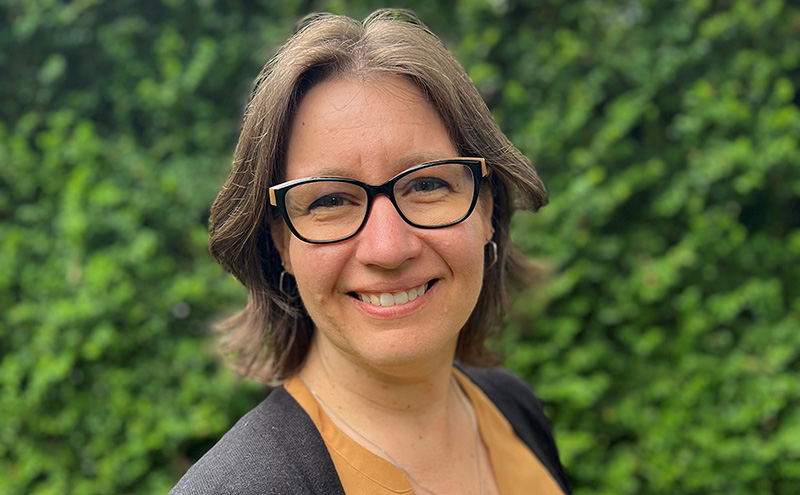
High demand for early childhood educators
The lengthy waits are tied to a shortage of early childhood educators. While CapU has created opportunities for students living in Squamish to access some ECCE courses locally – offering student cohorts in Squamish, providing online classes, and partnering with regional childcare programs to offer student practicums – travel to the North Vancouver campus has often remained necessary.
Starting in September, local students will have access to the full Early Childhood Care and Education diploma and Bachelor of Early Childhood Care and Education degree at CapU Squamish, and they will join other students from the corridor community and beyond to co-create a distinct university experience.
“This is a big deal,” says Julia Black, program coordinator and instructor with CapU’s School of Education and Childhood Studies. “Students will have access to a much more rounded, robust breadth of delivery and opportunities across a wide variety of subjects.”
As a faculty member and long-time resident of Squamish, Black has a deep history of delivering early childhood education in the Sea-to-Sky corridor and has been a strong advocate for opening a Squamish campus.
Study Early Childhood Education
Learn more about early childhood studies in Squamish and how you can be part of it.
CapU Squamish ProgramsSteady stream of qualified graduates
“Our program is unique,” she says, noting that CapU is the only university in Western Canada to offer an undergraduate degree in early childhood education. “We are internationally renowned for leading research in early childhood care and education and for advocating for children and families.”
“Children’s lives are complex. You need a robust education in early childhood to really support children and families in the classroom,” she adds.
As a community employer and dedicated host centre for practicum students, SSCS is looking forward to a steady stream of qualified graduates to help address the demand for educators across the corridor.
“We have hired CapU ECCE graduates over the years and have found that the quality of their education is very, very high. We are always excited to see that on their resumé.”
“We know that their philosophies and core values around childcare are aligned with ours. I cannot speak highly enough about the added benefit to our organization to be able to hire those grads,” she adds.
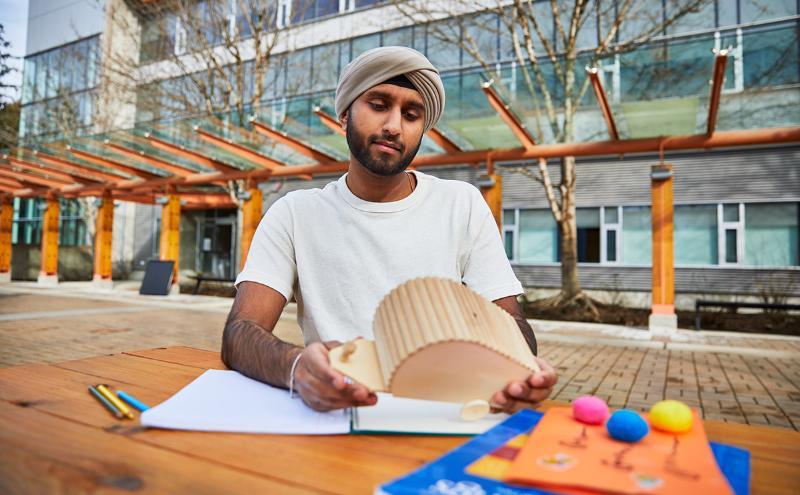
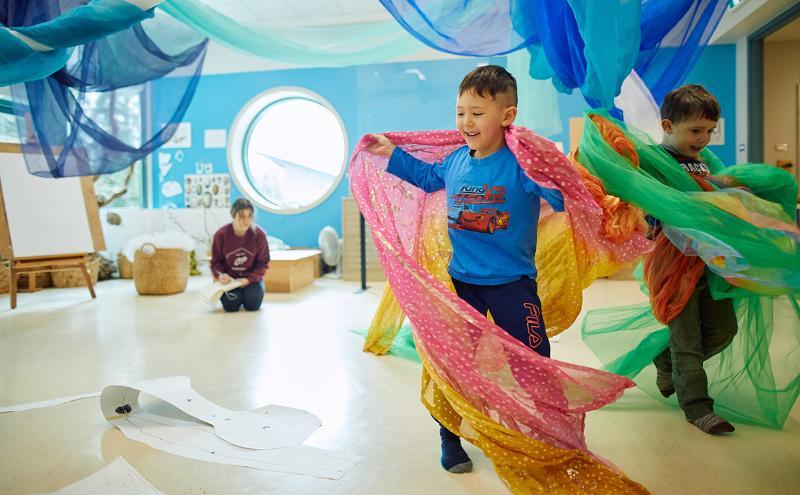
Preparing for September kick off
CapU Squamish launches this fall, and it includes the inaugural offering of the ECCE degree and diploma. As an added bonus, students attending classes in September will be guaranteed a spot in on-campus student housing.
Plans for expansion are already underway. Over the next few years, the University plans to open a children’s centre on campus and create studio space for children and student educators.
This studio space, a distinctive feature of CapU early childhood education, will be designed as a laboratory of ideas that creates opportunities for multiple ways of knowing, inquiring and co-researching together.



